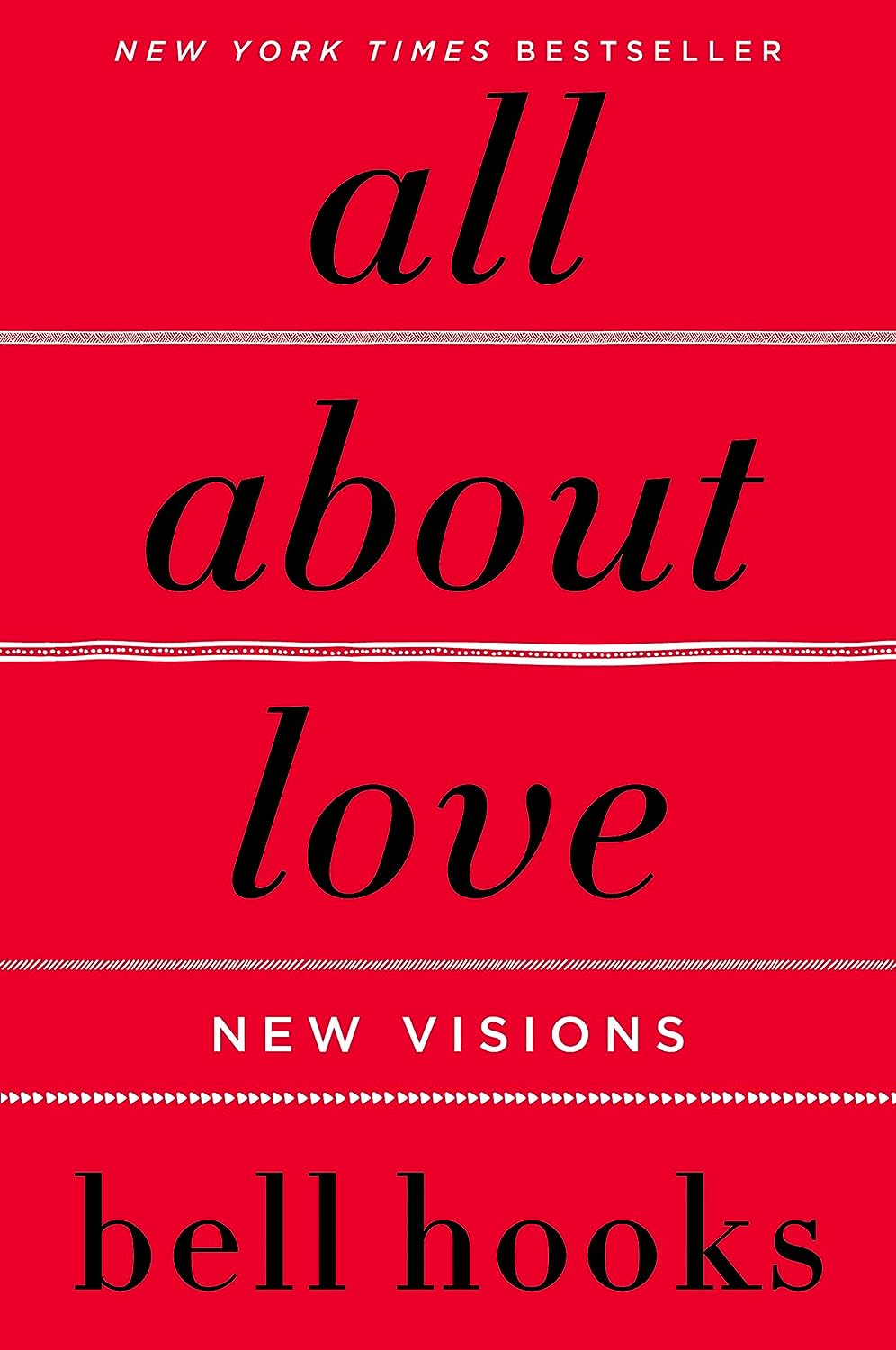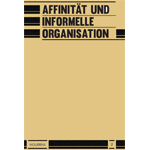possm started reading All About Love by bell hooks

All About Love by bell hooks
All About Love offers radical new ways to think about love by showing its interconnectedness in our private and public …
silly little guy he/it
My languages in order of proficiency: German French English Chinese. The reason I read so much in English is only because most pirated epubs are in English. I have no consistent grading system, the stars are based on vibes, don't read into it. I am not a critic; my "reviews" simply document what it was like for me to read the book in question.
This link opens in a pop-up window

All About Love offers radical new ways to think about love by showing its interconnectedness in our private and public …
A small collection of insurrectionalist texts. I found them interesting. One thing I find valuable about insurrectionalist theory is its radical critique of organization. I may not agree with the conclusion they arrive at, but the process of really questioning why we need organization, which aspects of organization are useful and which can be discarded, is valuable in my opinion. The texts are well selected I think. But the form is lacking. Either the translation is really bad, or the texts were badly written to begin with. It's more likely that the problem lies with the translation, since all three texts have this problem.
A small collection of insurrectionalist texts. I found them interesting. One thing I find valuable about insurrectionalist theory is its radical critique of organization. I may not agree with the conclusion they arrive at, but the process of really questioning why we need organization, which aspects of organization are useful and which can be discarded, is valuable in my opinion. The texts are well selected I think. But the form is lacking. Either the translation is really bad, or the texts were badly written to begin with. It's more likely that the problem lies with the translation, since all three texts have this problem.

